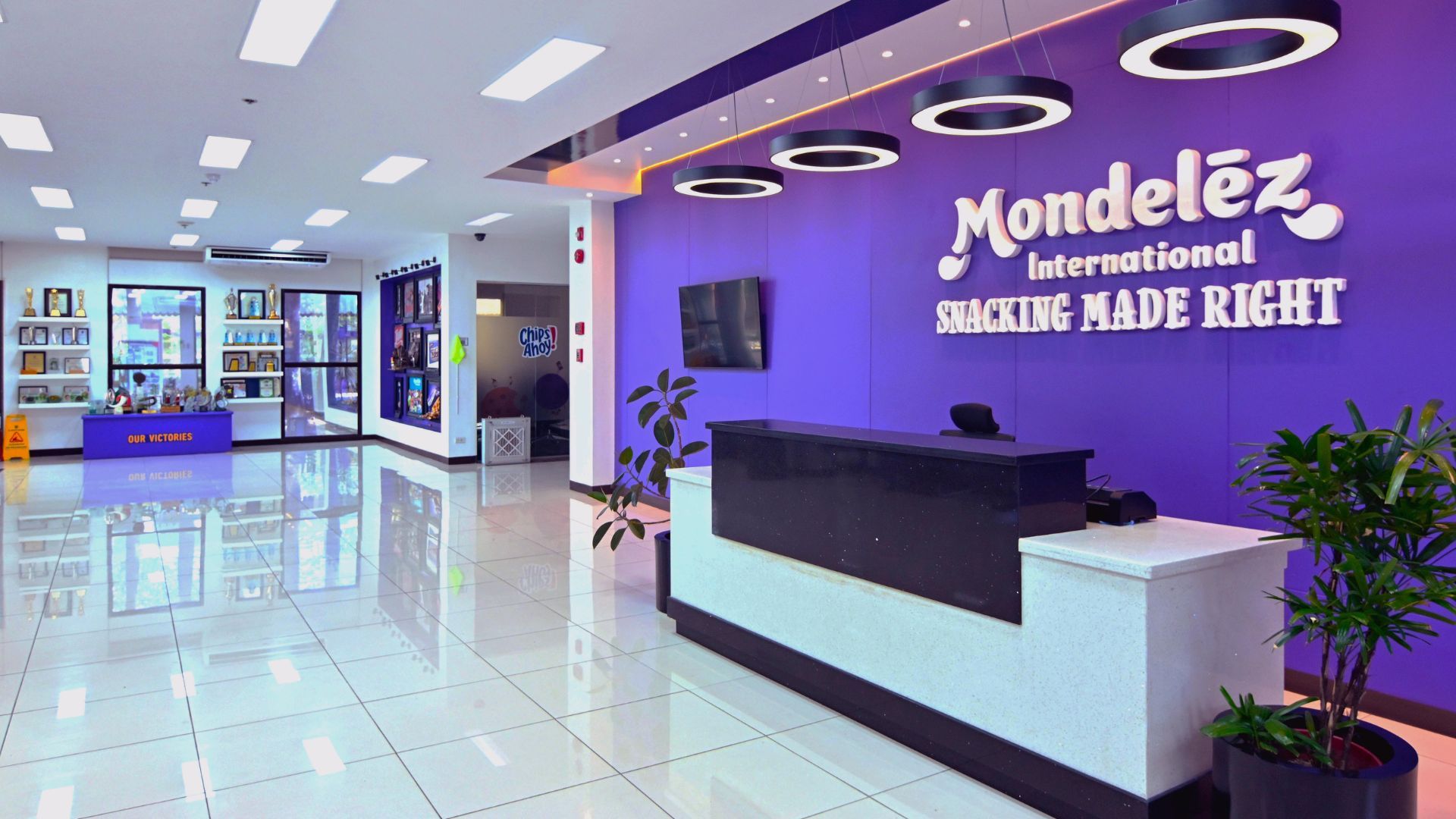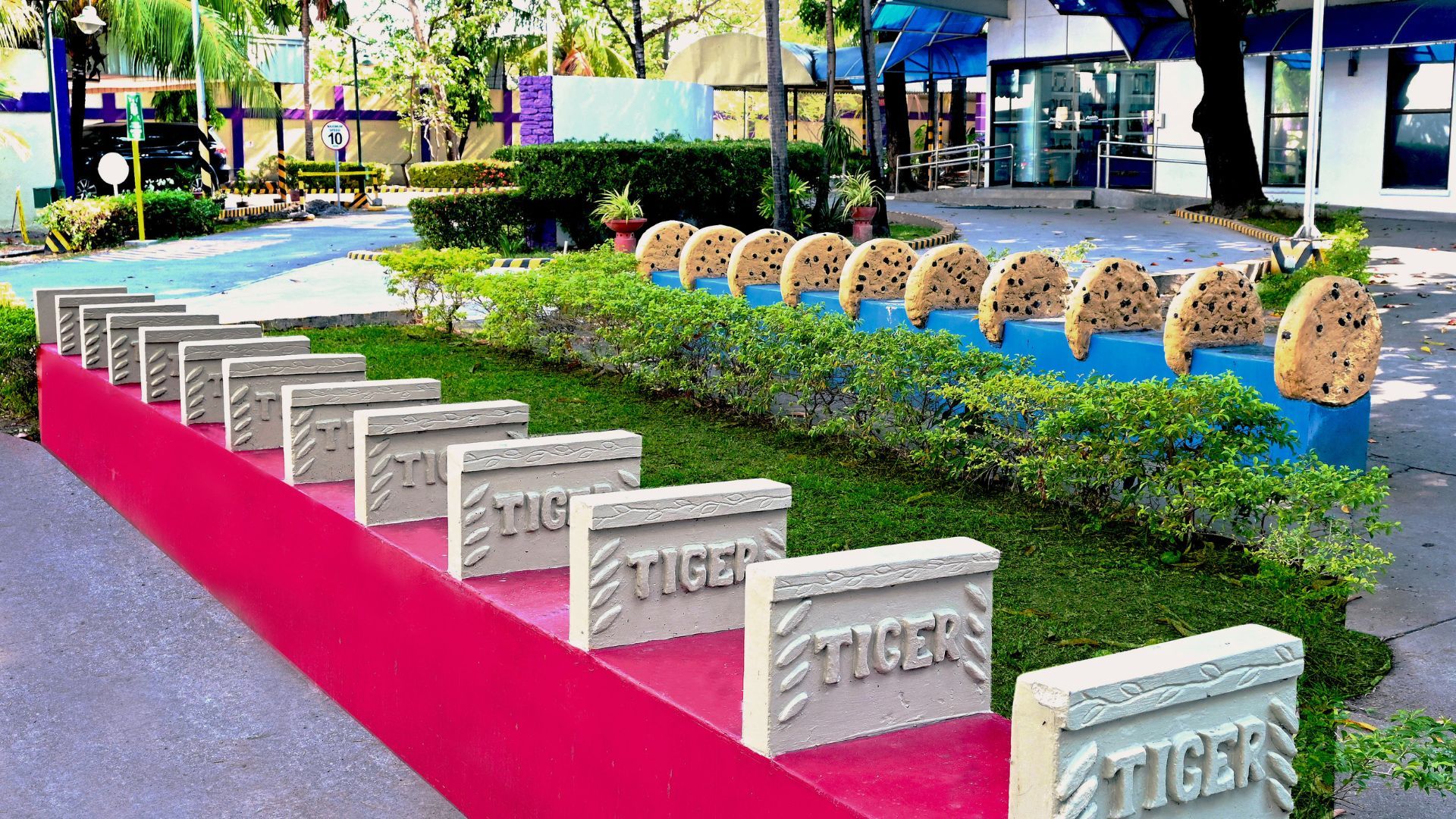Mondelēz International achieves plastic packaging goals in the Philippines
Mondelēz International is advancing its support for a circular economy in the Philippines by reducing packaging use, evolving designs, and improving diversion systems. The company has met its 2023 goal of collecting and diverting the equivalent volume of its post-consumer plastic packaging, in line with the local Extended Producer Responsibility (EPR) Law.
As part of its mission to lead the future of snacking, Mondelēz focuses on sustainable ingredients and packaging. The company is known for brands like Oreo, Toblerone, Cadbury Dairy Milk, Tang, Eden Cheese, Cheez Whiz, and Tiger Biscuits.

Reducing Packaging
Mondelēz aims to utilize packaging that is light, safe and, when appropriate, can be reused or recycled. Globally, the company aims to reduce five percent of its virgin plastic packaging by 2025. In 2023, the company has reduced the amount of plastic packaging it uses for its products in Southeast Asia, particularly for its brands Oreo Mini and Chips Ahoy! This was achieved through redesigning the packaging to be more efficient and removing the use of plastic trays for some of its products.
Evolving Packaging
Recently, the company released its 2023 global ESG report entitled Snacking Made Right. In it, the company shares its 2025 goal to have approximately 98 percent or more of its packaging designed to be recyclable. As of 2023, 96 percent of its packaging worldwide has been designed to be recyclable, while it continues to work on its goal of ensuring five percent of its plastic packaging worldwide will be made of recycled content. Designed to be recyclable means the materials used in its packaging have available waste streams for easier recycling and diversion.
Improving Systems
Systems and infrastructure are critical for packaging materials to be recycled in practice. As such, along with local market engagement, the company continues to play an active role in the UN Global Treaty for Plastic Pollution via the Business Coalition.

In the Philippines, the company has partnered with Plastic Credit Exchange (PCX) with a goal for the recovery and diversion of all the equivalent in-market yearly plastic packaging output for 2023 and now for 2024 as well. PCX partners with organizations that collect and divert post-consumer waste in a credible, traceable, transparent, and socially responsible manner. As part of the then-voluntary commitment to recycle plastic, the company started collecting and diverting plastic packaging as early as 2019. In 2023 during the first year of the EPR Law, the company was able to collect and divert the equivalent volumes of all its post-consumer plastic packaging used during the year.
The plastic collected for the company has been diverted to avoid being marine waste or landfill and has been recycled into plastic flakes and upcycled into boards for building materials, among others. The partnership between Mondelēz International and PCX also supports the latter’s Aling Tindera program, which provides a livelihood for sari-sari store owners who use their enterprises as plastic collection sites.
The company has also invested in Circulate Capital in Southeast Asia and India, a fund which aims to enhance focus on the physical collection of flexible films — lightweight, multi-layer plastics used by the snacking industry — that have traditionally been more difficult to collect, sort, recycle, and reuse. In 2023, Circulate Capital helped Mondelēz International prevent additional plastic pollution of 4,201 metric tons across Southeast Asia and India. This amount of plastic collected has also resulted in the reduction of greenhouse gas emissions.